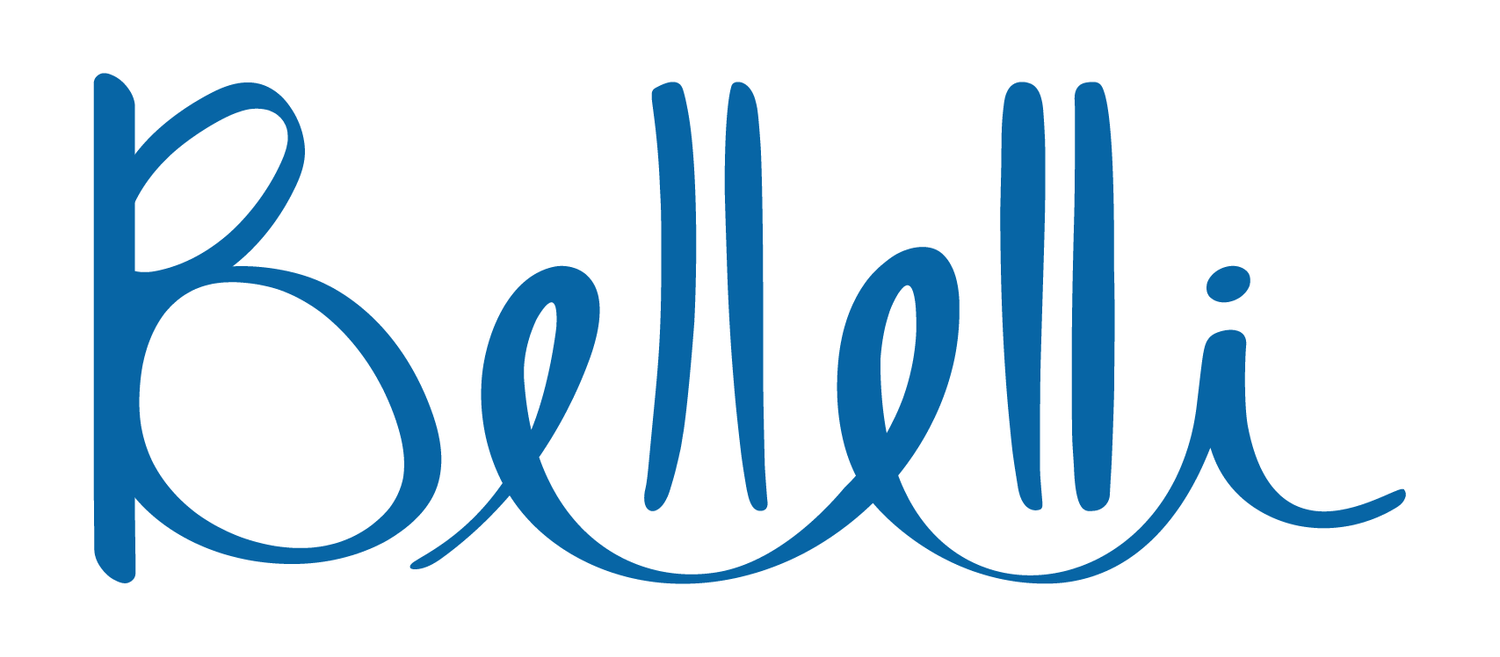Proyectación vs. Programación.
Una gran discusión que por años ha debatido Reggio Emilia en favor de un niño competente y capaz de seguir, a través de estrategias y una escucha activa, las ideas, los planes y las decisiones de los propios niños y niñas. ¿A qué se refiere la programación y en qué consta la proyectación que habla el sistema reggiano?
En términos más precisos Reggio Emilia habla de proyectación no de programación, esto no quiere decir que no miramos lo que ocurre y ya basta porque pensemos el niño es potente. En realidad existe una gran proyectación como un ir hacia adelante, una proyectación que se une a la observación, no existe proyectación sin observación. Observar no solo es mirar es también tratar de entender lo que los niños están haciendo, es lo que nosotros llegamos a entender de ellos, lo que nosotros observamos de los niños; no es solo lo que sucede, es entender lo que vemos de los niños. La observación es individual, observamos cosas distintas, ya que cada uno ve cosas diferentes, por eso parecen lugares o momentos poco organizados, realmente hay una fuerte organización de los recursos; hay una conciencia de lo que yo pongo en el ambiente: pongo la luz, la apago, lo blando, lo duro, me pregunto cómo hago; lo importante es cómo yo logro sostener estos pensamientos, estos conceptos que los niños están observando, por eso es importante la observación. La observación no puede ser hecha por solo un docente: La riqueza de la formación de un docente es principalmente todo aquello que se pueda discutir sobre lo que ha observado junto con los padres y los otros profesionales de la escuela.
Luego podemos probar sobre otras hipótesis acompañadas para seguir adelante. La observación es bastante compleja y difícil, muy distinta a la programación, ya que sigue el pensamiento de los niños, toma lo que debe tomar, reflexionamos e interpretamos para mandar algo nuevo sobre la observación de las cosas que suceden: Ver es entender.
Lo que es claro y lo veremos en la escuela, es que necesitamos instrumentos para proyectar, reflexionar, escribir e hipotetizar sobre cada cosa y luego confrontamos con respecto a lo que habíamos escrito antes. Debemos tener claro un objetivo y el camino debemos encontrarlo junto con los niños. Esto es algo muy difícil pero al tiempo algo muy hermoso."
Marina Mori, Conceptos fundamentales de la filosofía educativa de Reggio Emilia.
V Seminario Internacional sobre la Filosofía Educativa de Reggio Emilia, Colombia 2011.
La Red Australiana de Reggio Emilia amplia sobre el tema: Progettazione and projects


